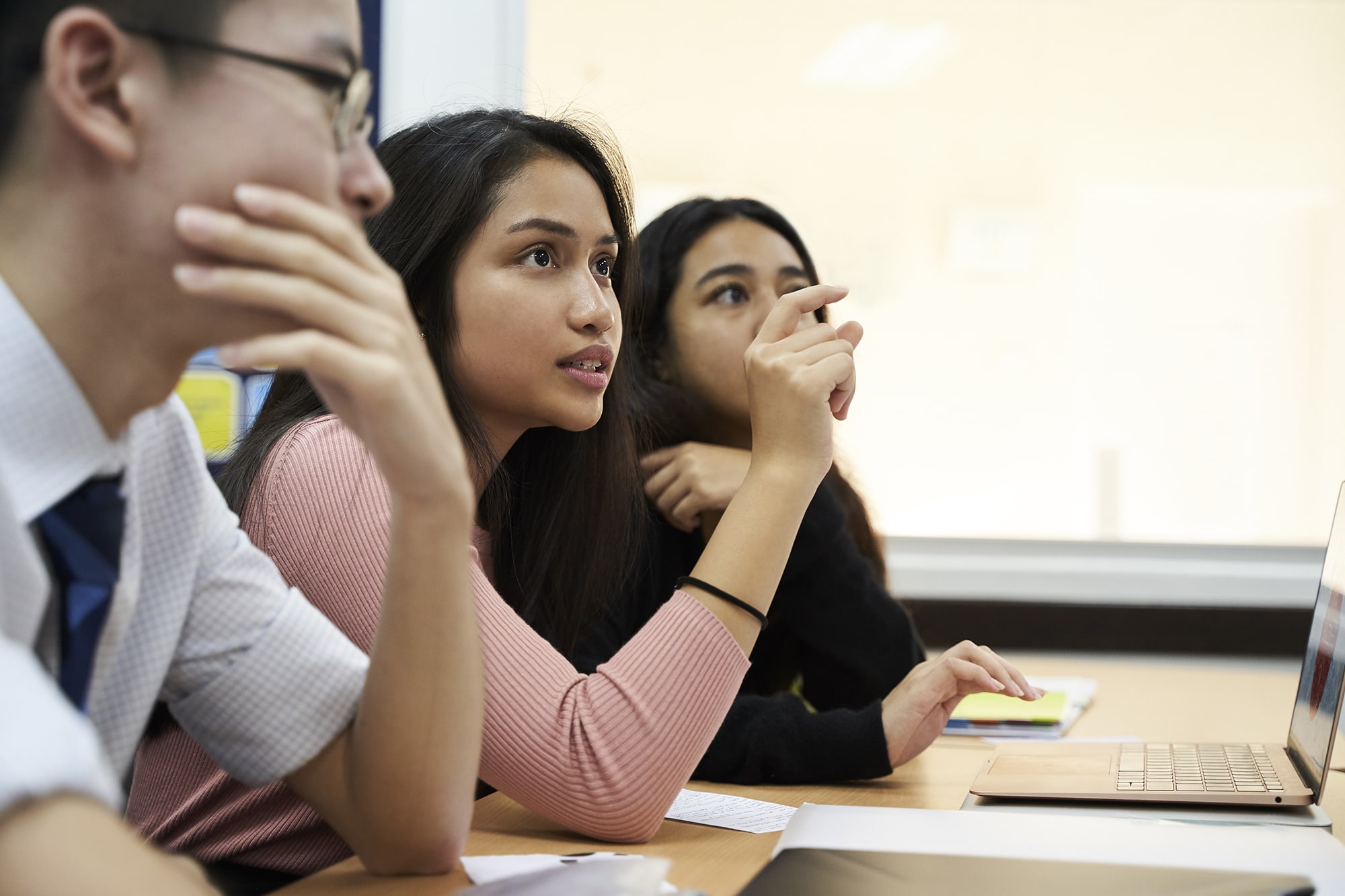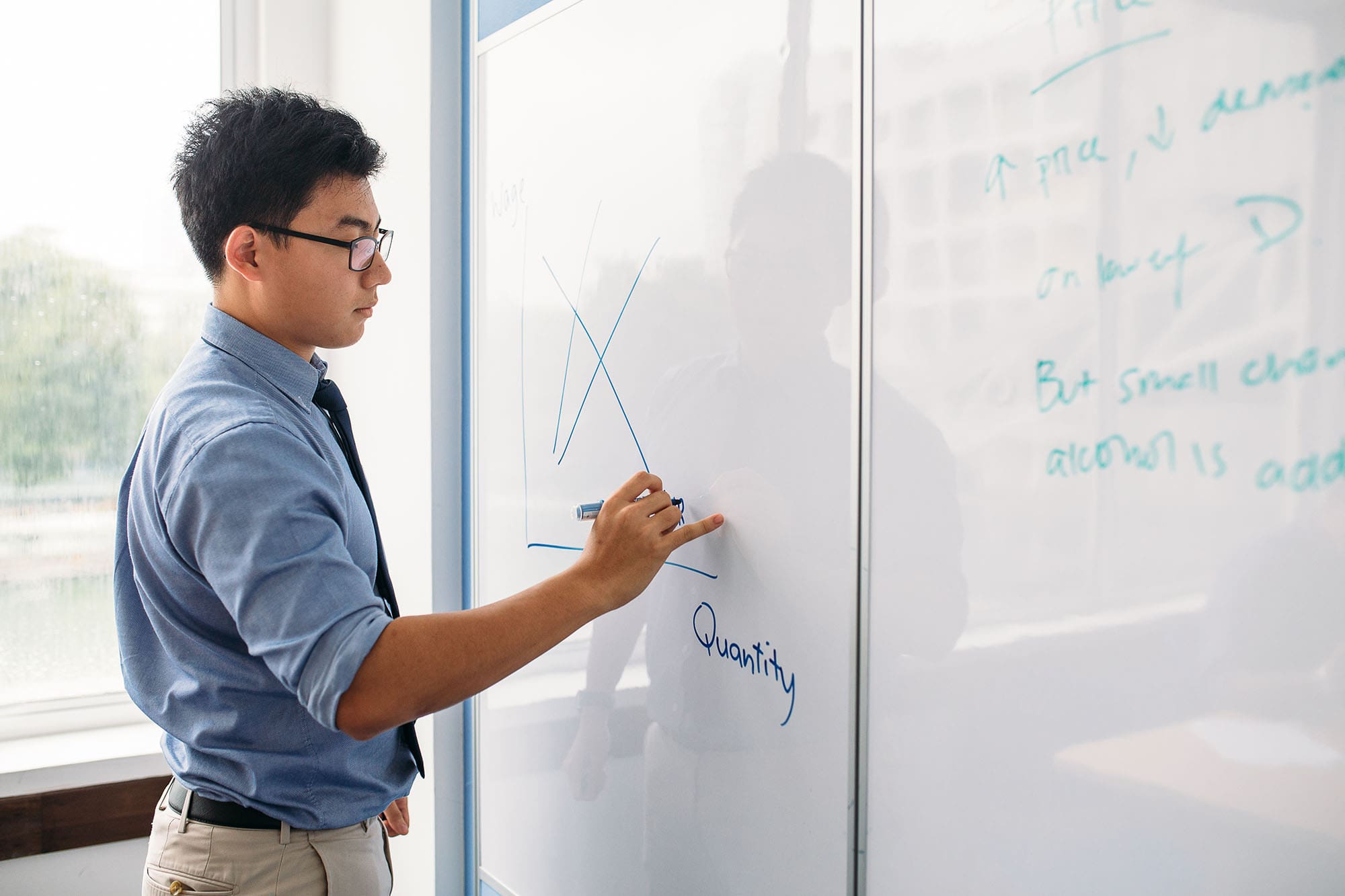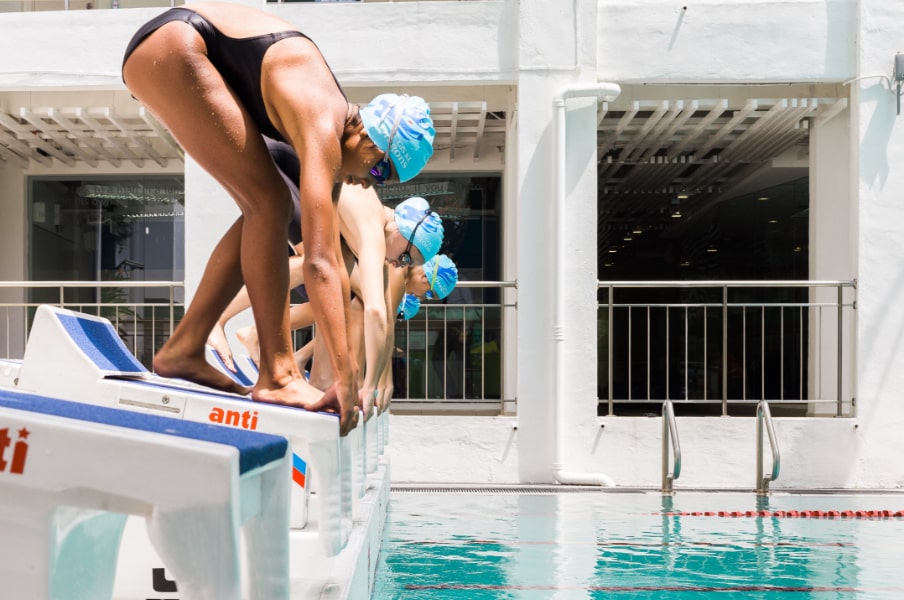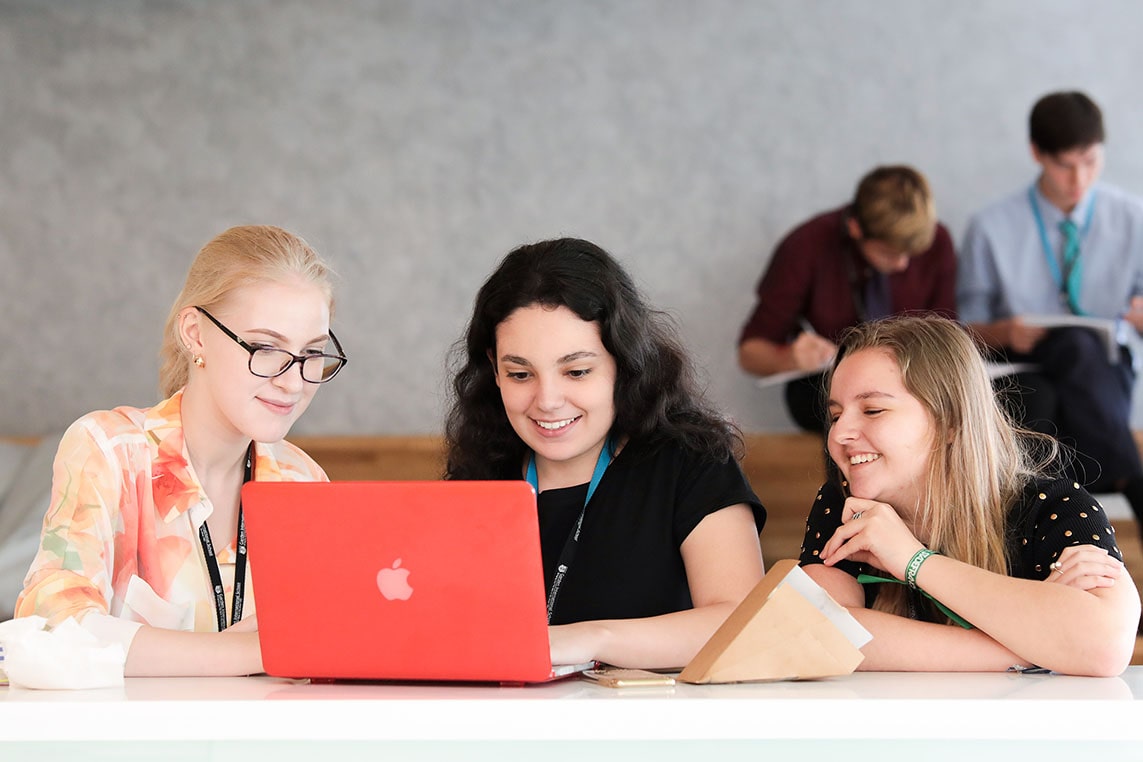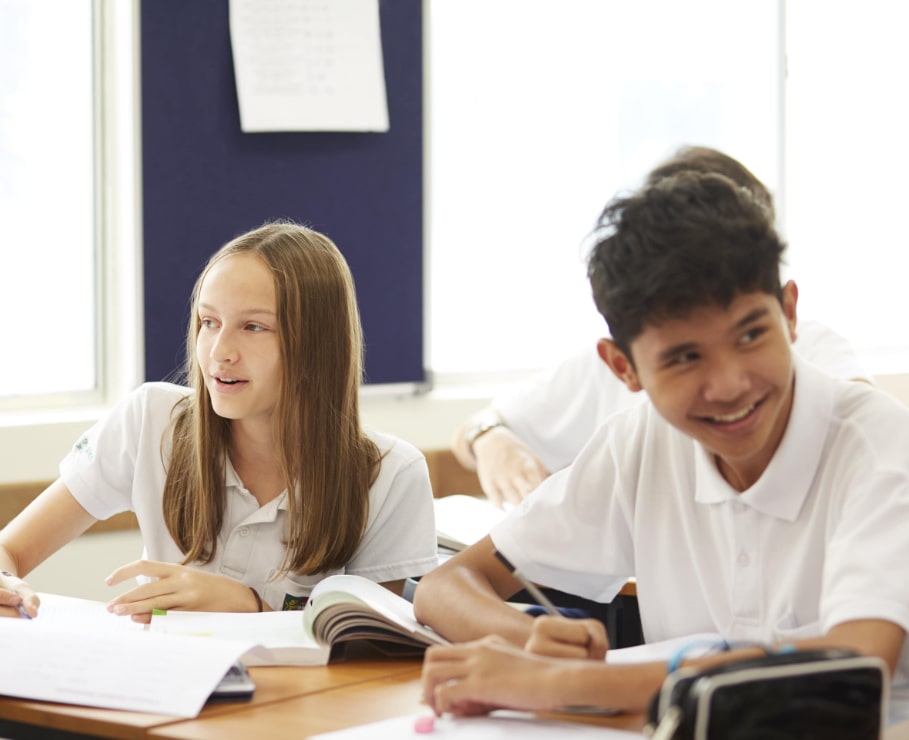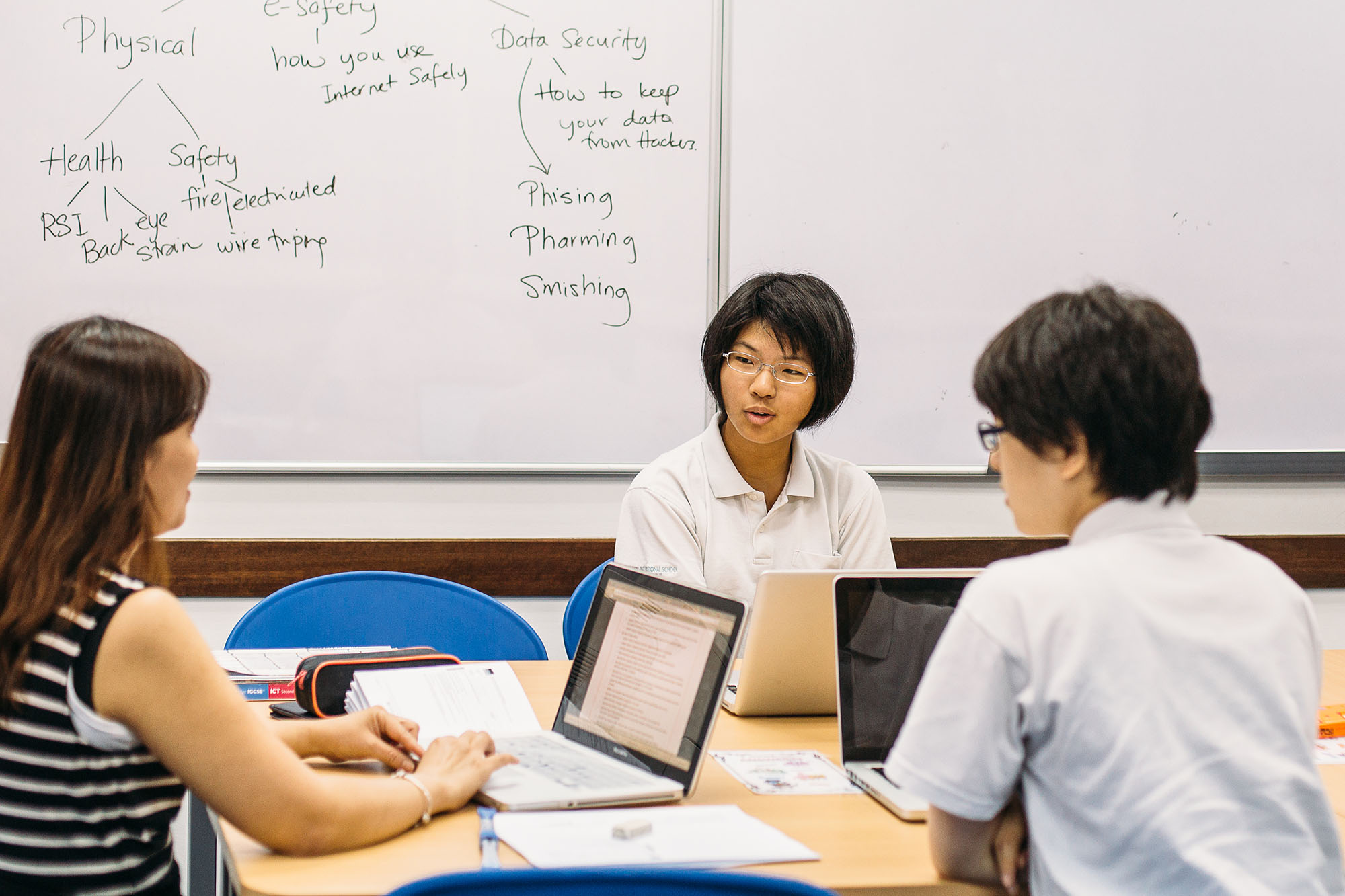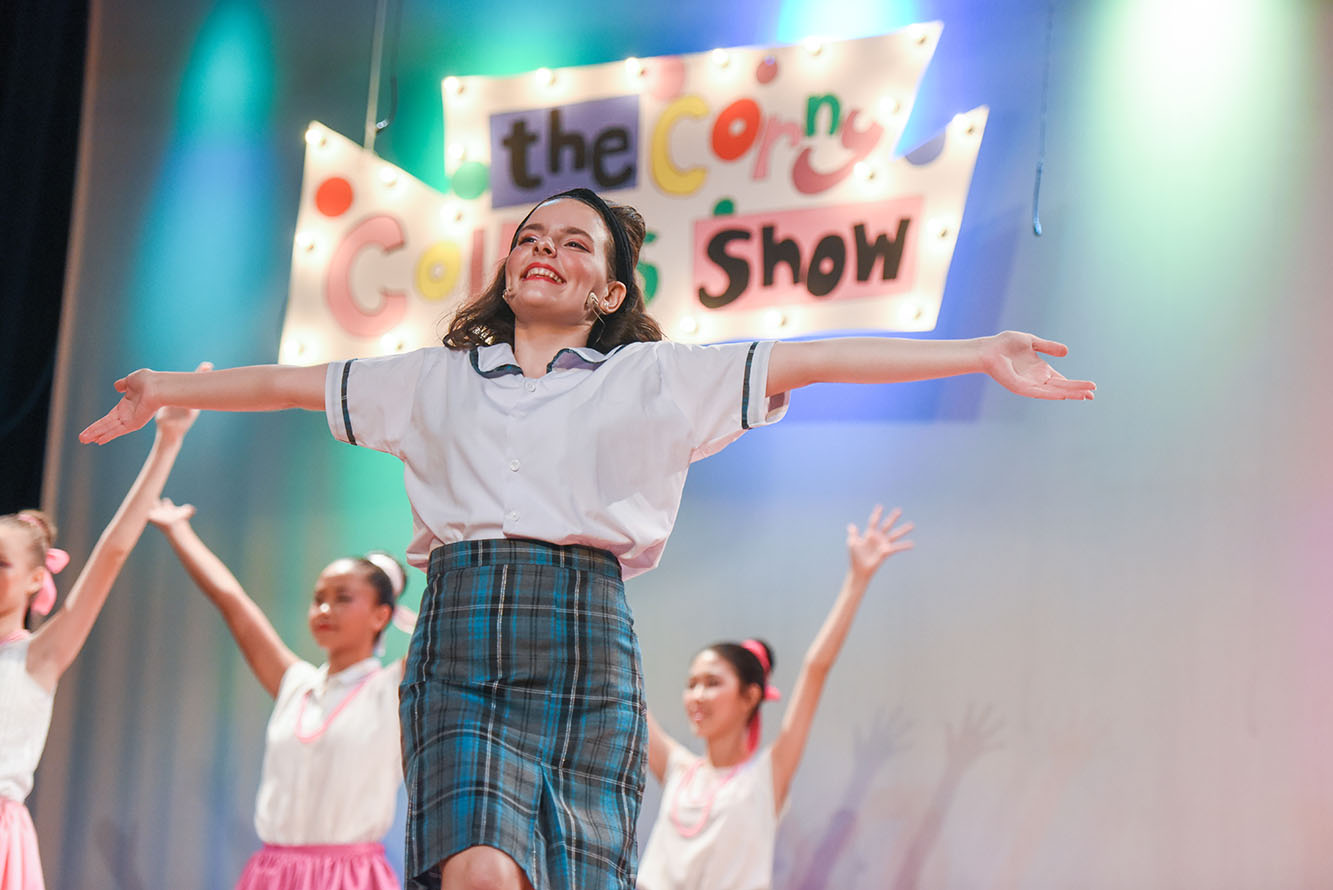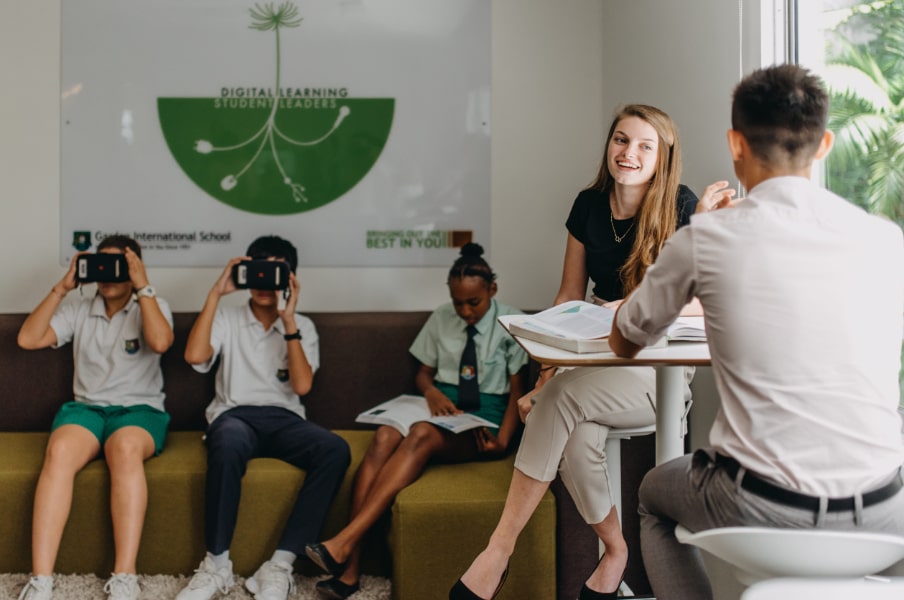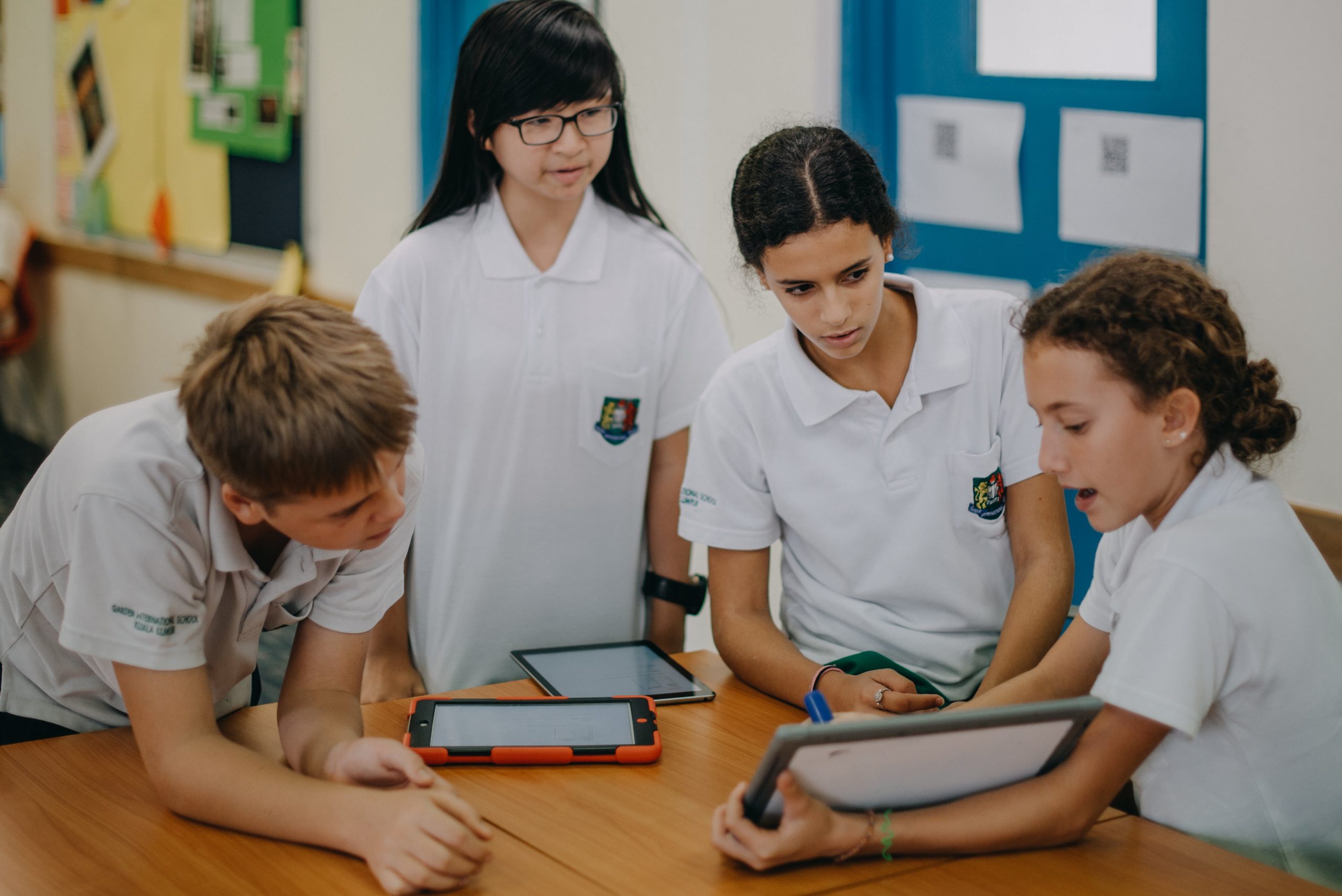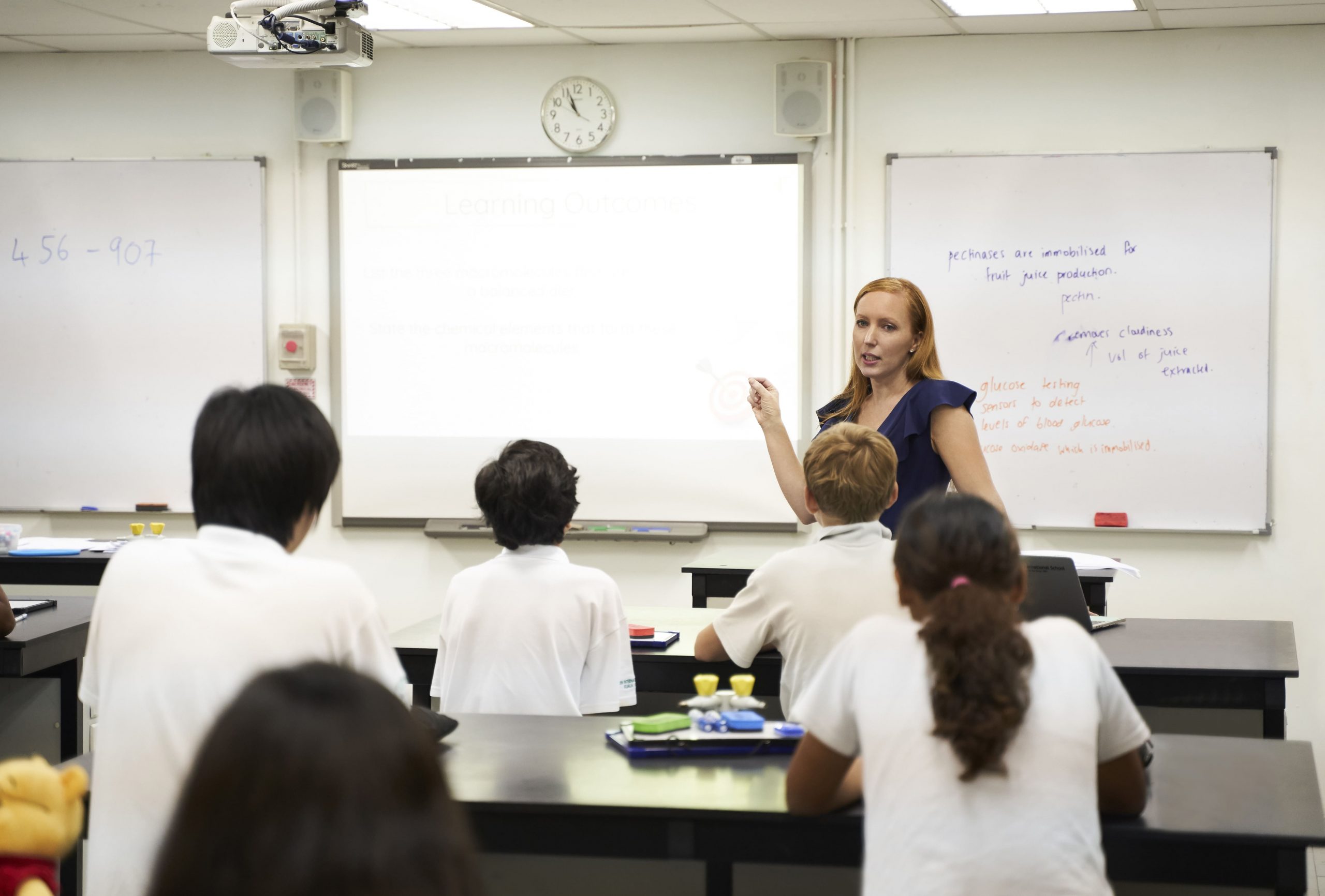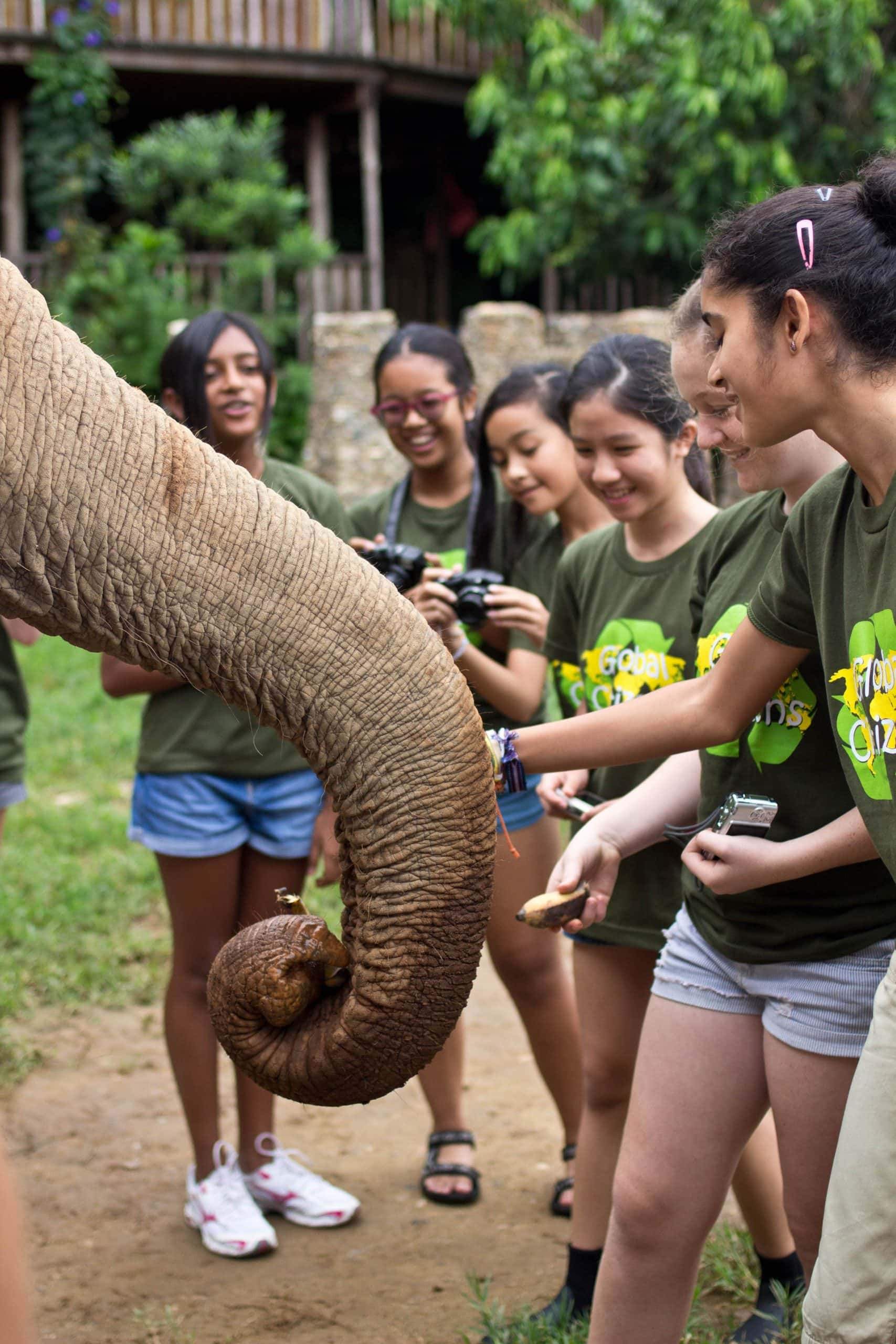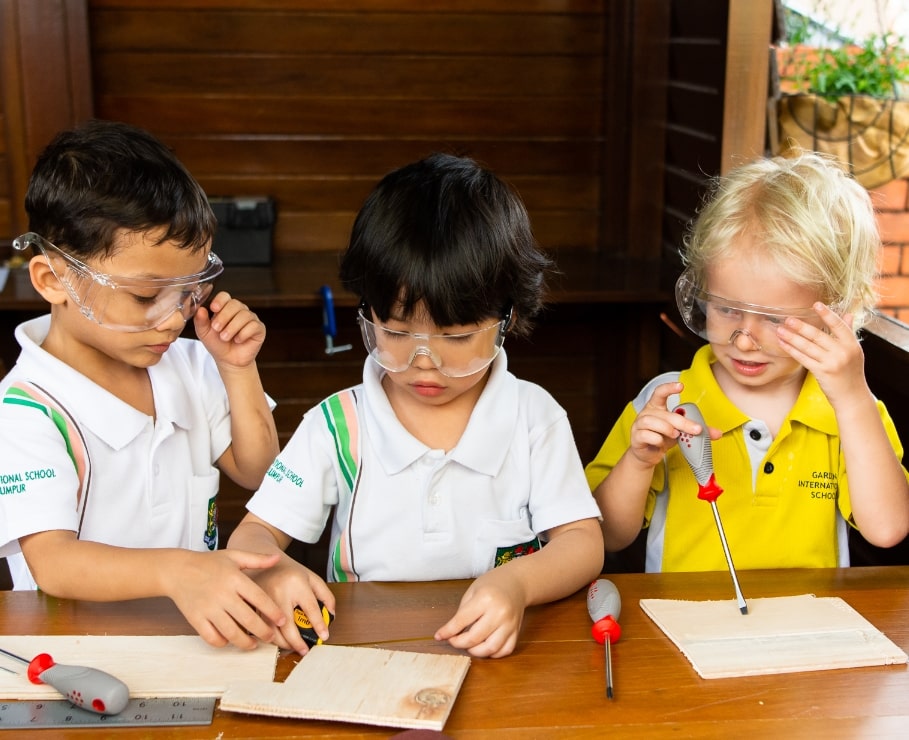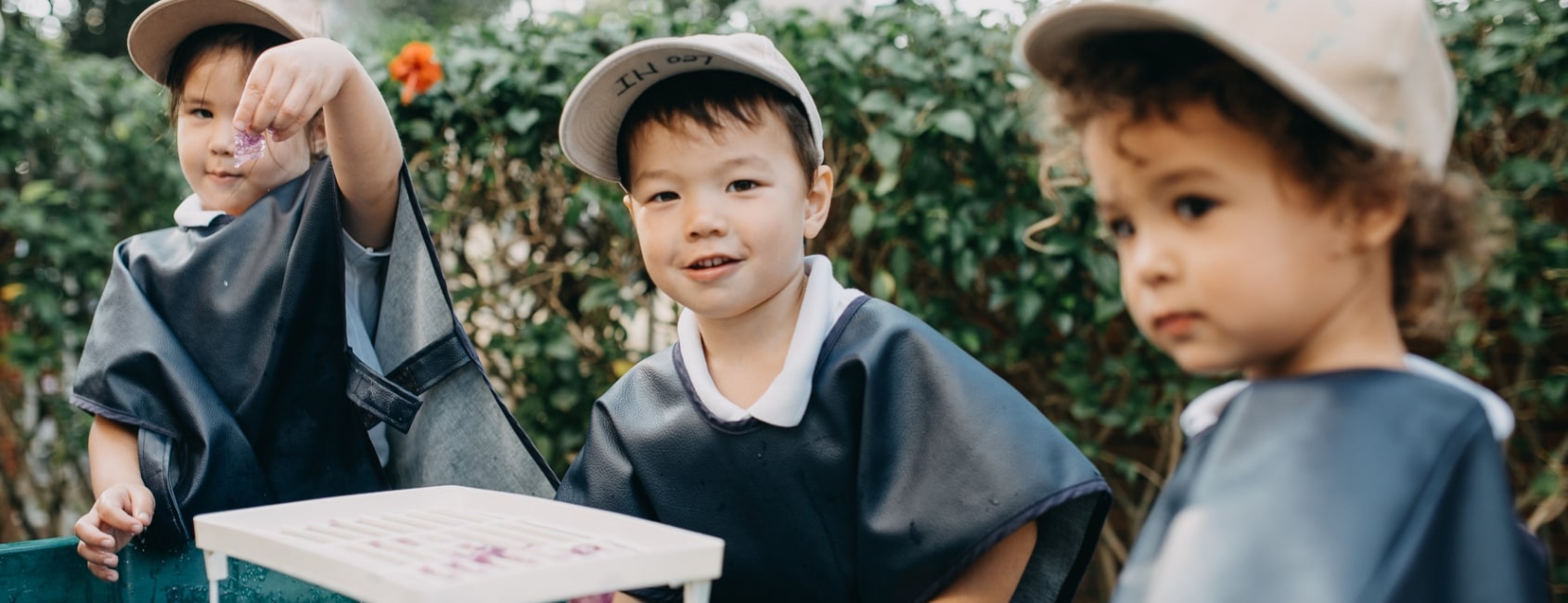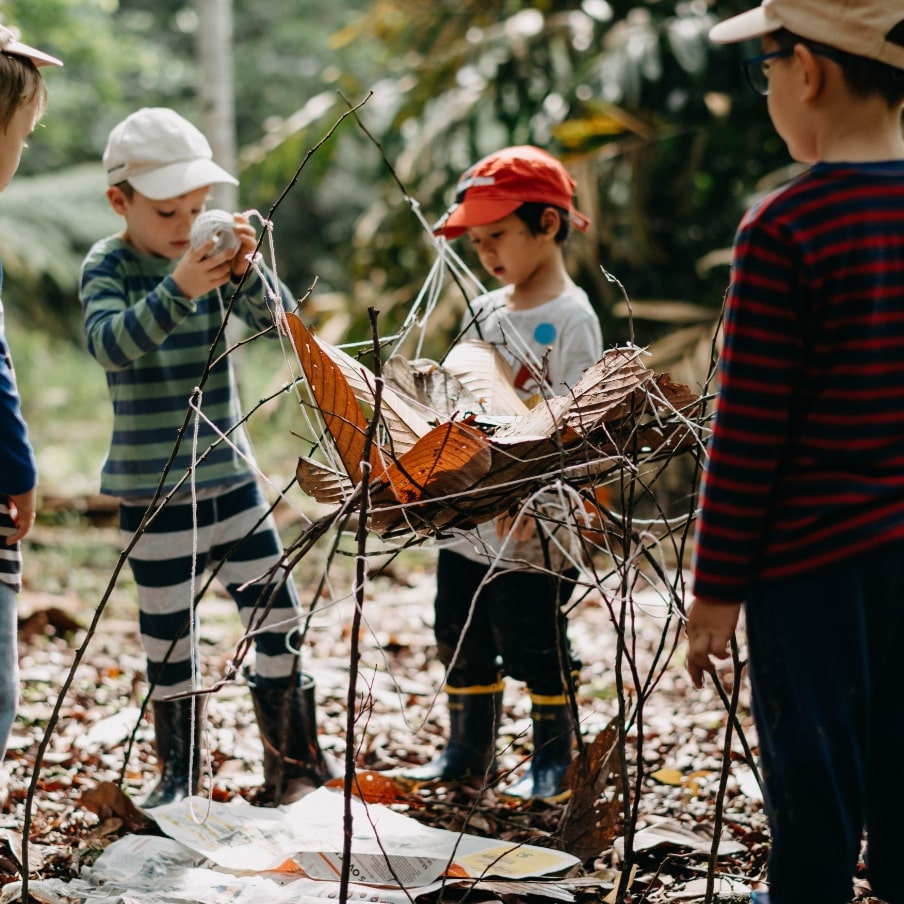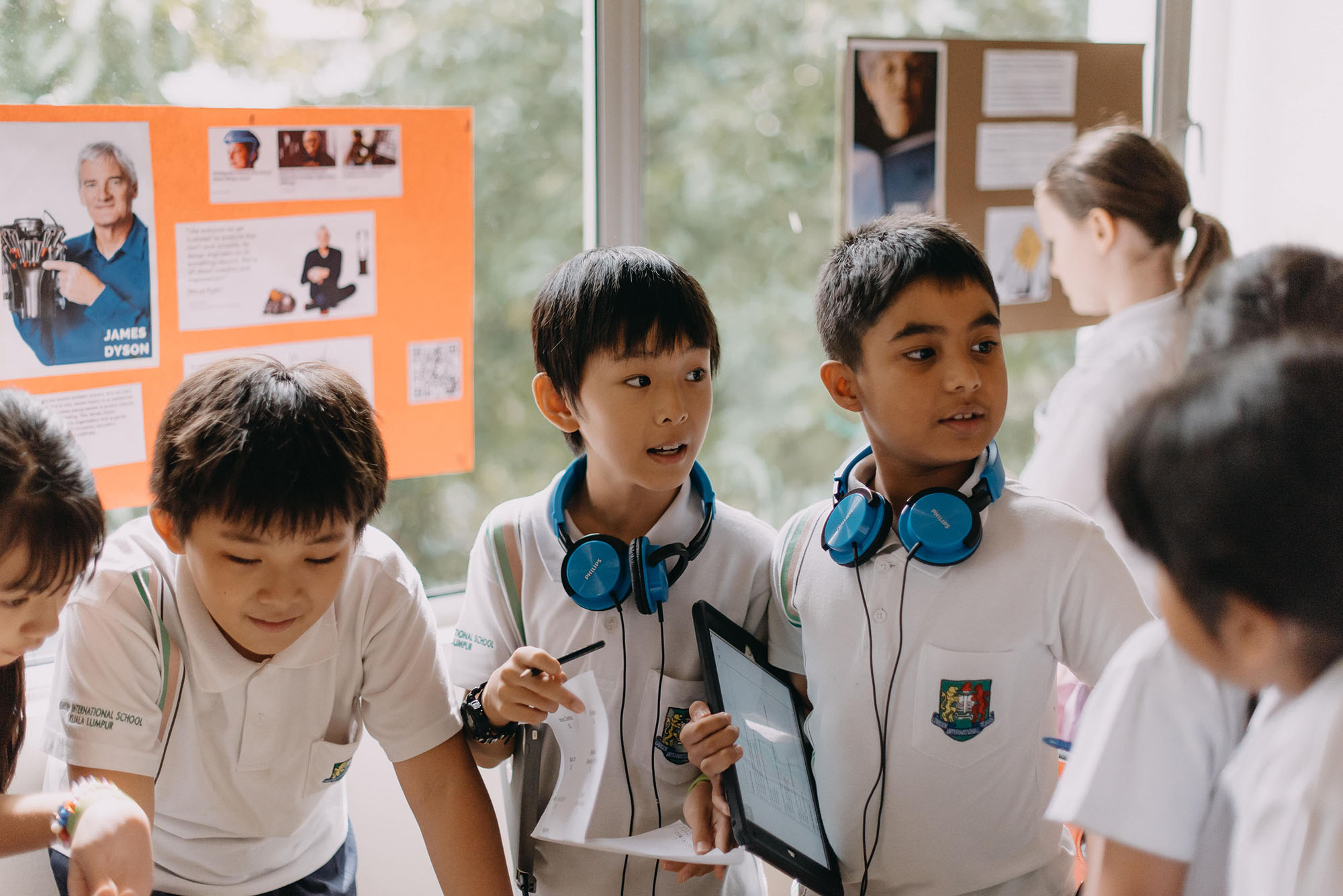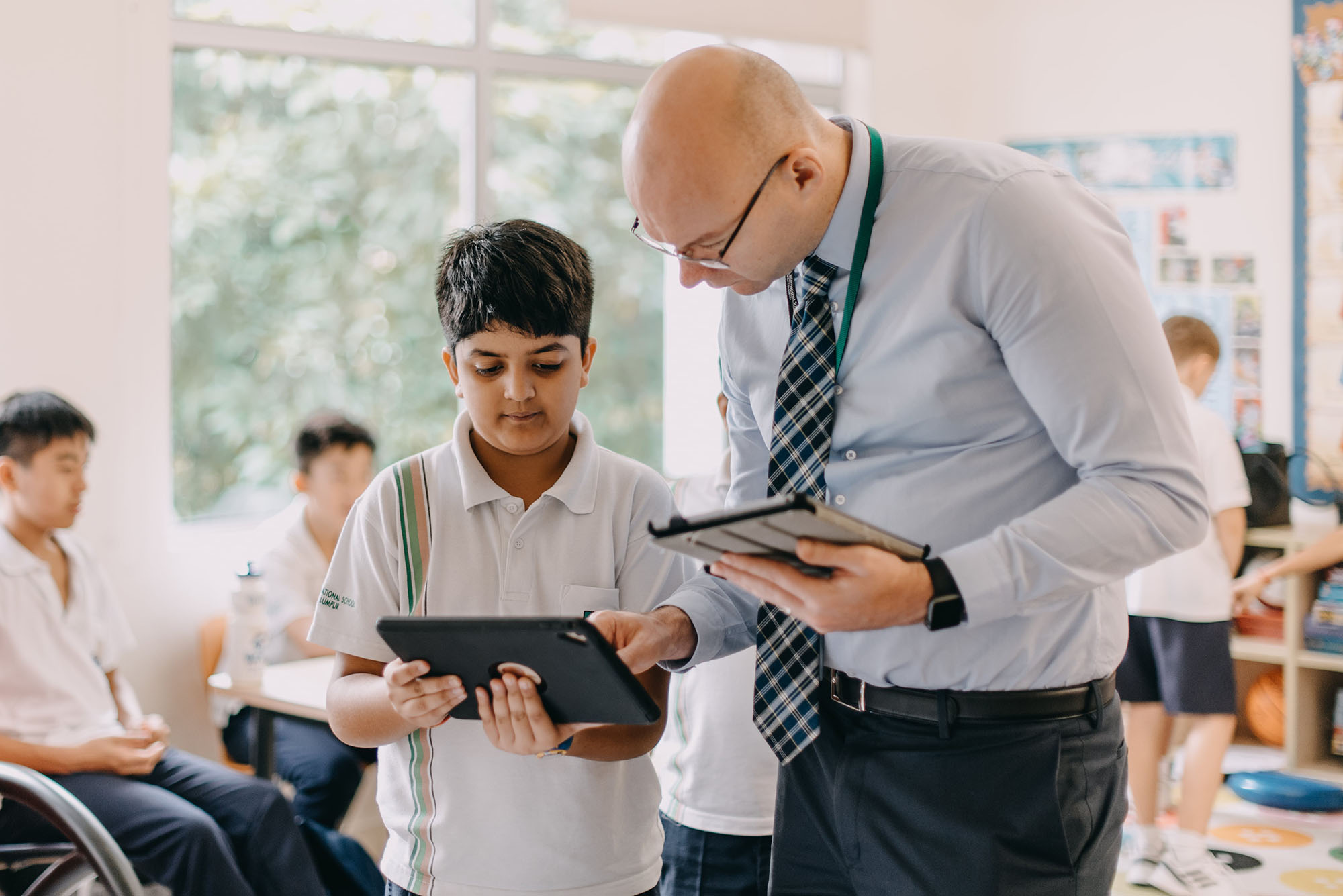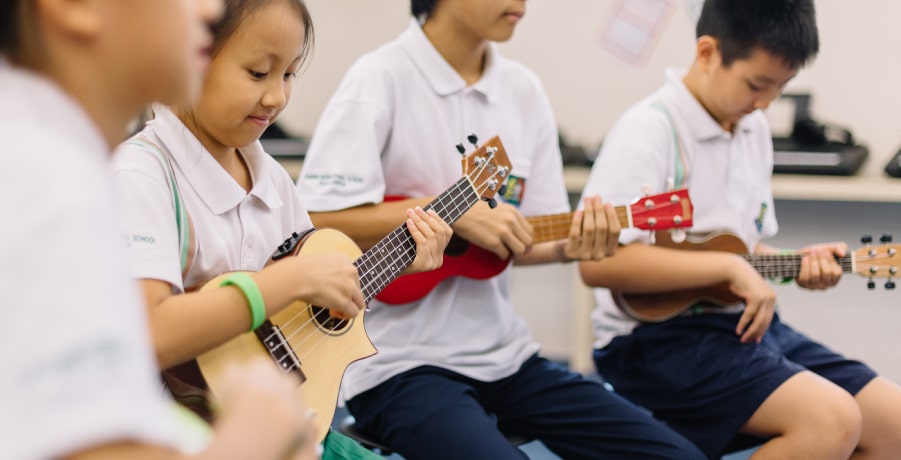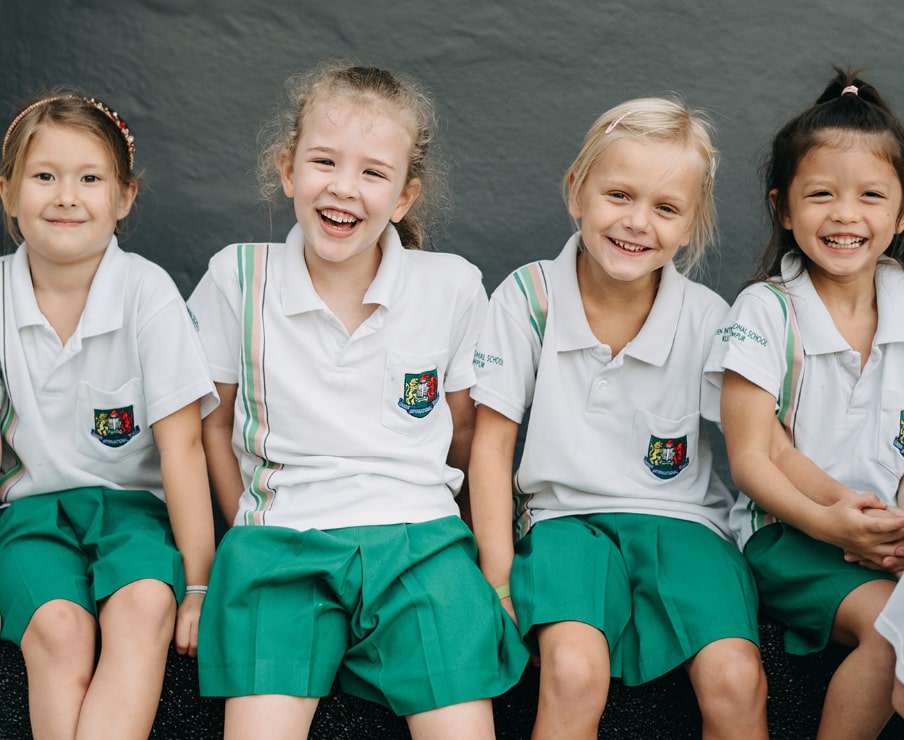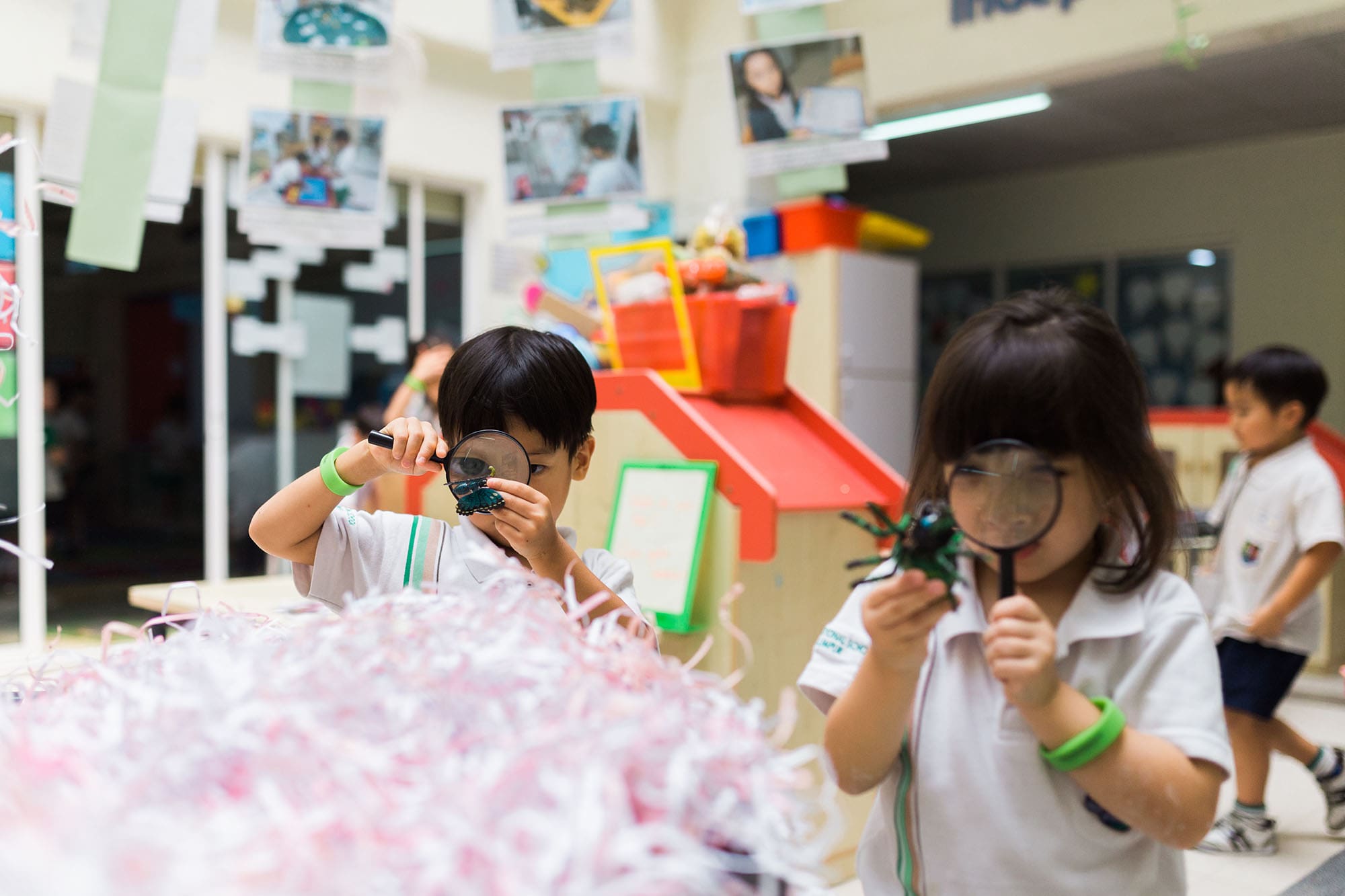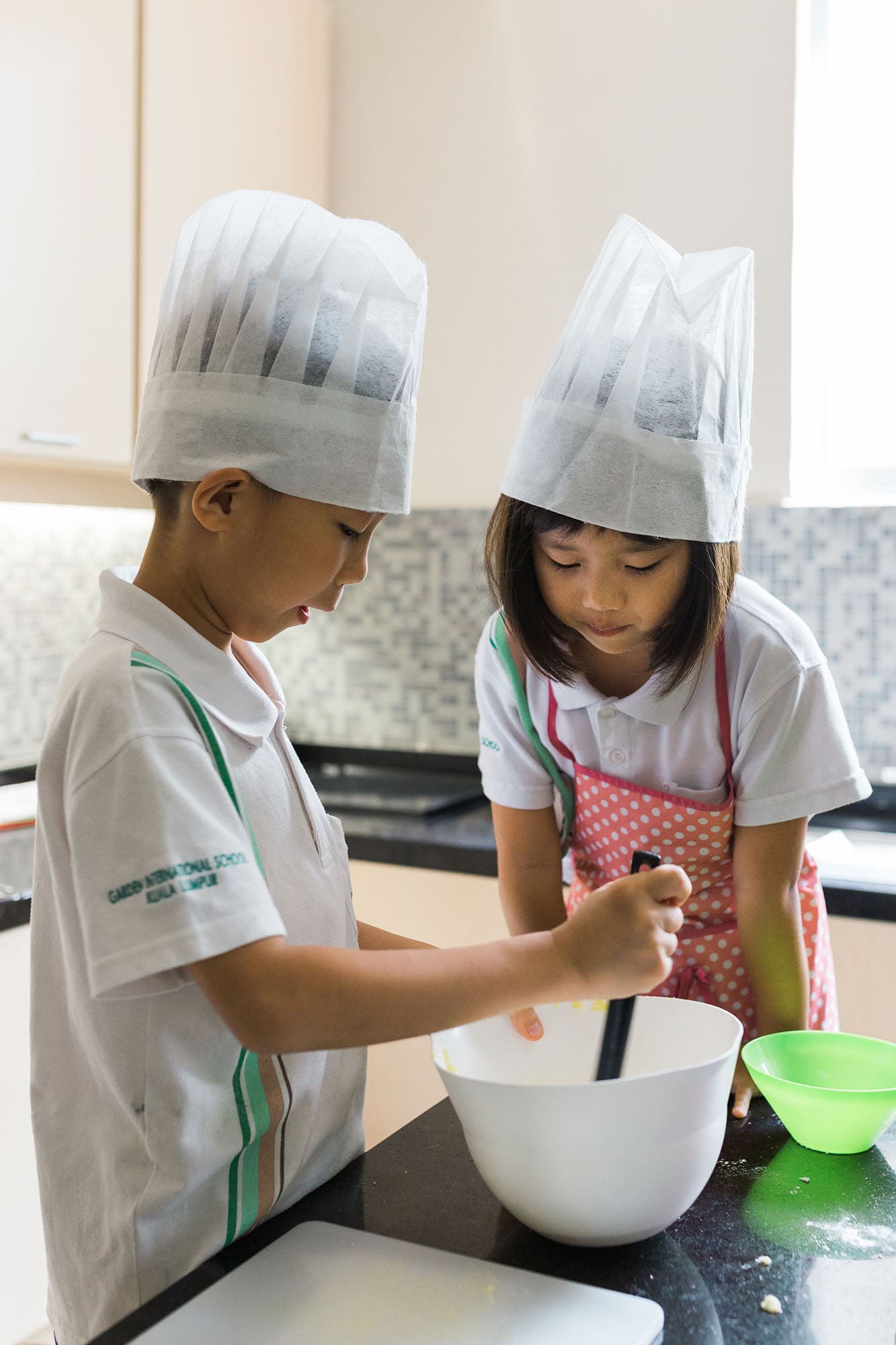By James Abela, Head of Computing at GIS
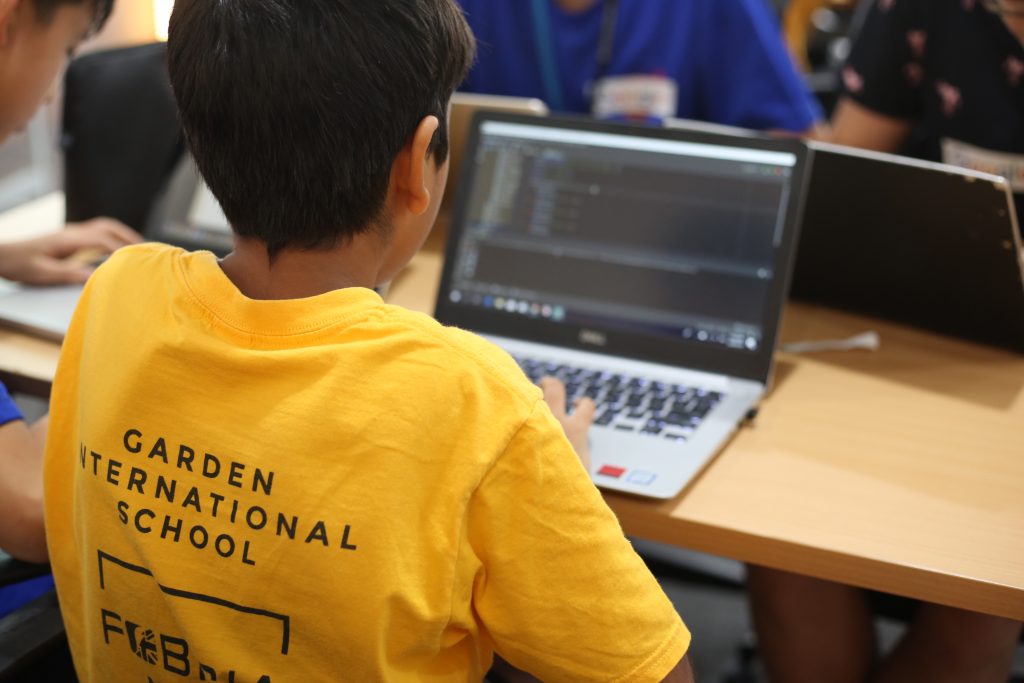
It is an undeniable fact that digital devices now affect every aspect of our lives. The ability to truly understand them – and control them through code – is an essential skill that will enable us to analyse data on a grand scale, share our ideas with millions and solve problems that we haven’t even dreamt of yet!
The KL Coding Cup offers students just a taste of what is possible with coding skills. The event itself has gone from a one-city endeavour to an event that will soon be held across 10 countries.
The KL Coding Cup
Last year, I realised that students needed an outlet to use their coding to compete against the very best schools in Kuala Lumpur. As a result, I founded the KL Coding Cup. The idea was to give our very best coders an opportunity to meet and work alongside like-minded students from other schools and have a friendly competition. Running 3-4 times each year, we host it at a different school each time. The event always places a strong emphasis on creativity and problem solving.
Our latest event was our biggest ever, with approximately 80 students from the top 5 schools in Kuala Lumpur participating. What was truly impressive is that together they wrote a total of 189 programs during the event! And as was said on the day, “Everybody who attended is a winner, because this is where the future is!”
Our recent event was even more impressive, because it was student led. Year 13 Nicole Choong successfully led a team of Year 13s and 12s to help create the coding challenges, present on the day and then judge the competitors in real time! As a result of her excellent work organising and running this event, Nicole has been asked to run the event for the South East Computer Science Teachers Association (SEACSTA) which will be held in February and already has interest from a large number of international schools across Southeast Asia and the Middle East.
The next KL Coding Cup event will be held on Saturday 23 November at Sri KDU International School, where we hope our Dragons continue to reign supreme!
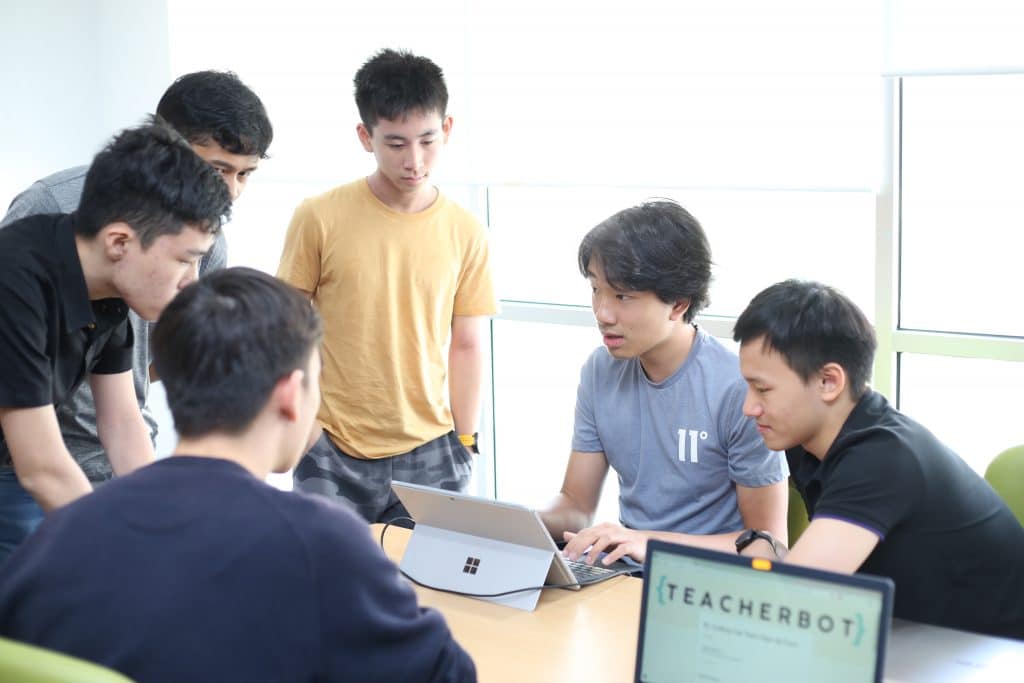
Why code?
Students need to understand the digital world in which they live. Like it or not, many people now spend the majority of their waking lives doing tasks involving digital devices. Being able to code provides real understanding of these devices, and opens students’ eyes as to the infinite possibilities around them! For example, two of our Year 13s realised earlier this year that that there was no way to buy and sell textbooks in school. What did they do? They set up an eBay-styled site (https://marketplace.school/) to meet the need.
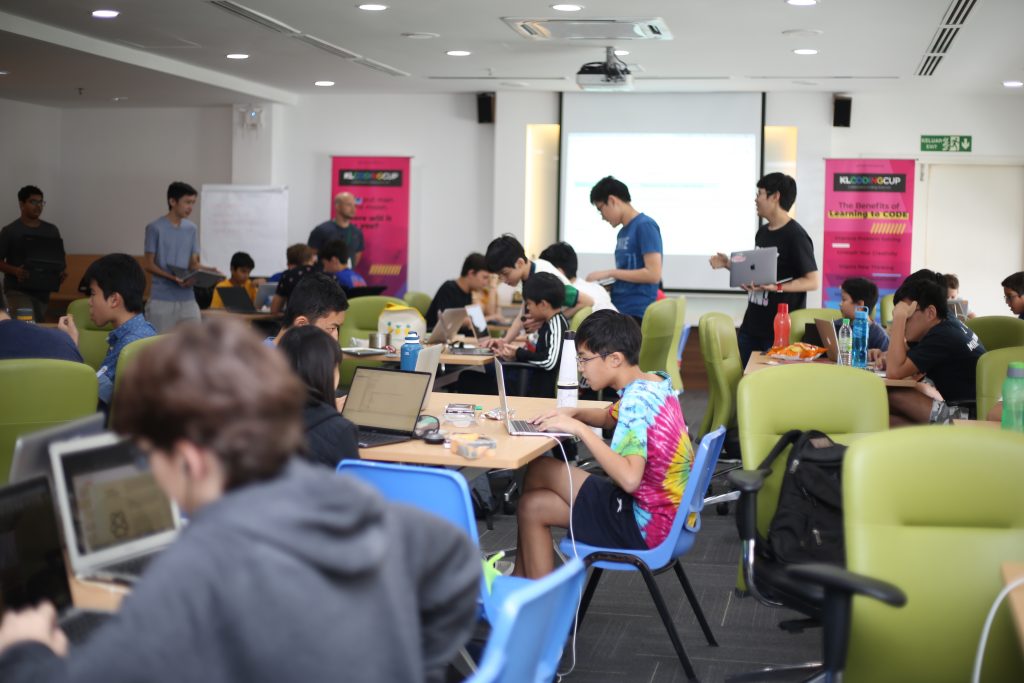
Despite the omnipresence of technology in our world, there remains a huge shortage of people with degrees in Computing. 58% of all new jobs in Science and Engineering (STEM) are in Computing, and yet only 10% of STEM graduates are Computing graduates. This means that there are currently 500,000 job openings in the US alone. Moreover, a computer Science graduate can earn 40% more than the average graduate. (Source: code.org October 2019)
Coding at School
Computational Thinking is the foundation to help children and adults apply logical thinking to solve problems as diverse as solving world hunger, climate change and what to wear in the morning. In younger children, these logical skills can be taught using physical robots, logical thinking games such as chess and apps.
Once students have mastered these basic ideas, then giving them the tools to express their logic becomes very important and this is where coding can really help and almost immediately students can solve problems in their immediate lives, such as maths problems, physics equations or how to put gravity in that game they would like to make. We are now introducing Swift Playgrounds into Primary to enable them to make simple apps and express their logic.
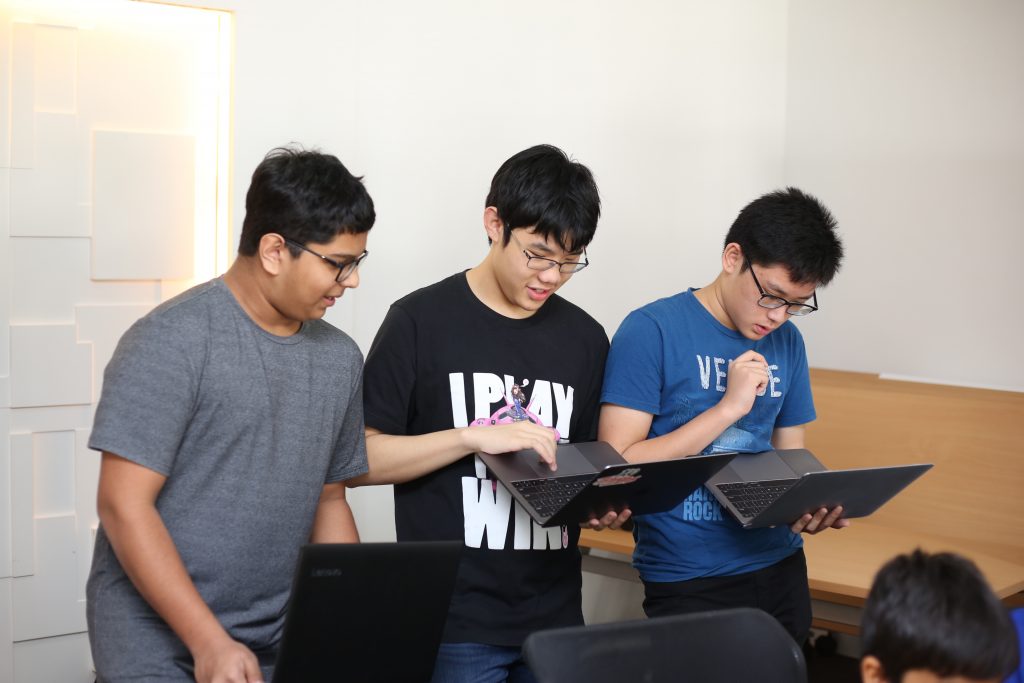
In Secondary, we begin teaching Python in Year 9. This is an important coding language for students to learn because it is the foundation of scientific research and analysis. Katie Bouman used it to generate the first image of a blackhole and Sara Marshall is employing it in her quest to sequence 500,000 people’s genomes in the UK. It is also being used widely in statistical analysis and machine learning. The other big advantage is that Python is a very wide language that enables students to start getting results in 2 lines of code, but scales up to fully object-oriented design with huge databases.
Coding at Home
If you are keen to encourage your child to learn coding, by far the best way to teach your children to code is to sit with them, engage with their interests and make it a parent & child experience. For younger children, robots can be great toys to get children interested. For slightly older children, there are plenty of robots that can be built inexpensively and will give a real hands-on experience.
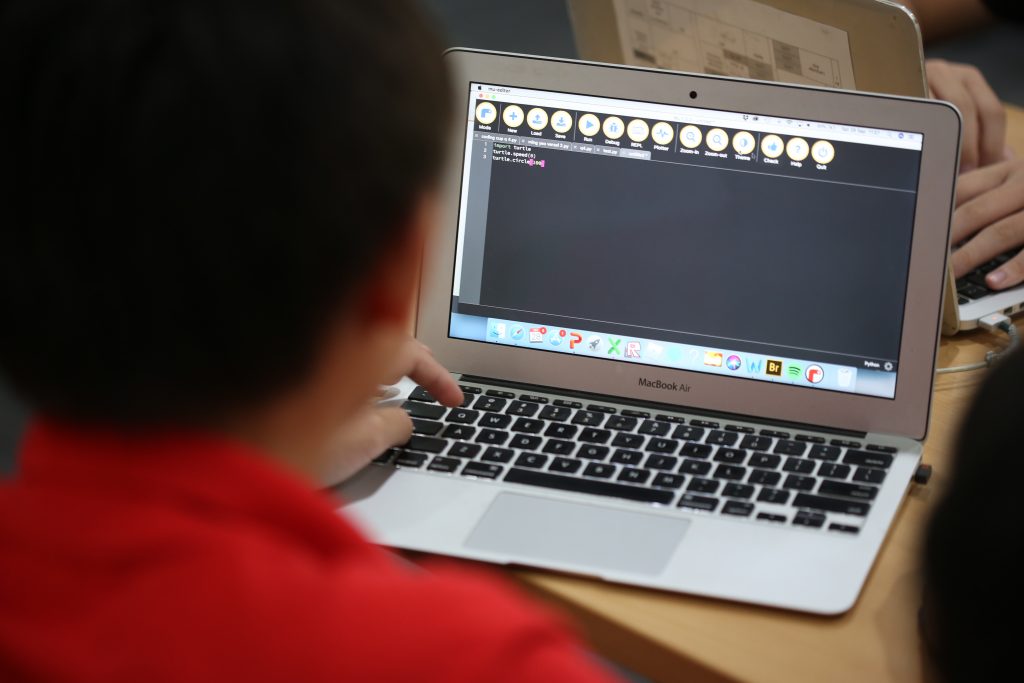
The two languages I would encourage you to start with are Scratch for pre-teens and Python to give students a real programming language. Al Sweigart make a good range of books of free books that have interesting projects, but require a confident reader. (https://inventwithpython.com/)
For those that don’t know code themselves, but want fun learning for their children. Apple make Swift Playgrounds for the iPad and CodeCombat is an engaging set of resources. However, learning together will always be more fun than following online guides by themselves.
Have fun!
James Abela is the Head of Computing at GIS. If you have any questions on the importance of coding or computing in education, please email James at abela.j@gardenschool.edu.my. Interested to learn more about GIS? Book your personal tour online at gardenschool.edu.my or call our lovely admissions team at +(603) 6209 6888



